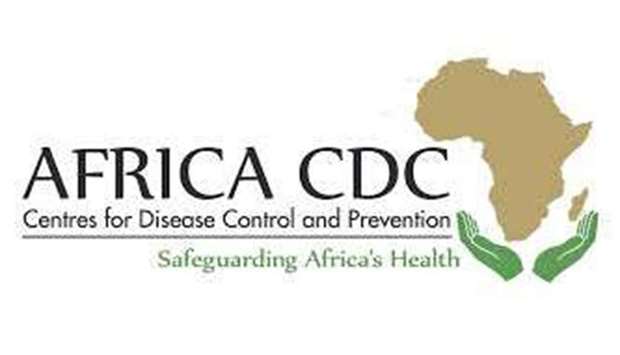African leaders will open a two-day virtual summit Saturday to discuss the continent's Covid-19 response as well as security issues that have been overlooked during the pandemic.
The African Union summit comes almost exactly one year after Egypt recorded the first case of Covid-19 in Africa, prompting widespread fears that member states' weak health systems would quickly be overwhelmed.But despite early doomsday predictions, the continent has so far been hit less hard than other regions, recording 3.5 percent of global virus cases and 4 percent of global deaths, according to the Africa Centres for Disease Control and Prevention (Africa CDC).
Today, though, many African countries are battling damaging second waves while straining to procure sufficient vaccine doses.
African leaders are speaking out against hoarding by rich countries at the expense of poorer ones.
"There is a vaccine nationalism on the rise, with other rich countries jumping the queue, some even pre-ordering more than they require," said Moussa Faki Mahamat, chairman of the AU's executive body, the African Union Commission, in a recent interview the AU posted online.
South African President Cyril Ramaphosa will deliver a pandemic response update during the closed portion of the summit Saturday, according to a draft programme seen by AFP.
Vaccine financing is also expected to be discussed, Africa CDC director John Nkengasong told a press conference this week.
- Elections and crises -Separately, member states are due to hold internal elections to lead the restructured commission -- the results of which will shape how the AU responds to the pandemic and a host of economic and security challenges.
Faki, a former prime minister of Chad, is running unopposed for a second four-year term as commission chief.
He still needs to get two-thirds of the vote, overcoming accusations -- which he denies -- of "a culture of sexual harassment, bribery, corruption and bullying within the commission," the International Crisis Group wrote in a recent briefing.
In another race, Nigerian Bankole Adeoye is favoured to head the AU's newly-merged political affairs and peace and security departments, diplomats say, though AU rules dividing top positions among Africa's sub-regions could lead to a surprise result.
Whoever wins could play a critical role, along with Faki, in addressing crises the AU is accused of overlooking.
There are multiple internal conflicts the AU has done little to resolve.
Its Peace and Security Council has failed to hold meetings on the conflict between government forces and anglophone separatists in Cameroon, for example, as well as rising Islamist militancy in Mozambique.
A three-month-old conflict in the AU's host country Ethiopia, pitting Prime Minister Abiy Ahmed's government against the former ruling party of the northern Tigray region, has proved especially sensitive.
Abiy has rejected appeals from high-level AU envoys for talks with Tigrayan leaders, sticking to his line that the conflict is a limited "law and order" operation.
This weekend's summit comes as new US President Joe Biden vows to re-engage with multilateral institutions like the African Union.
In a video message posted Friday, Biden said his administration would engage in "sustained diplomacy, in connection with the African Union, to address conflicts that are costing lives all across the African continent."

